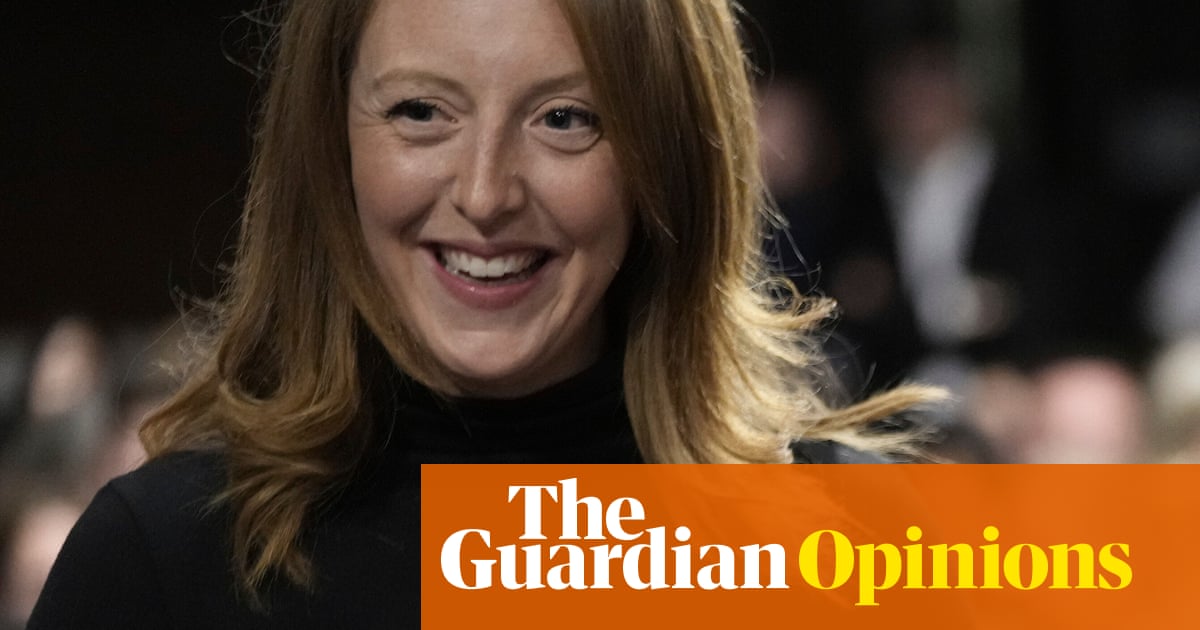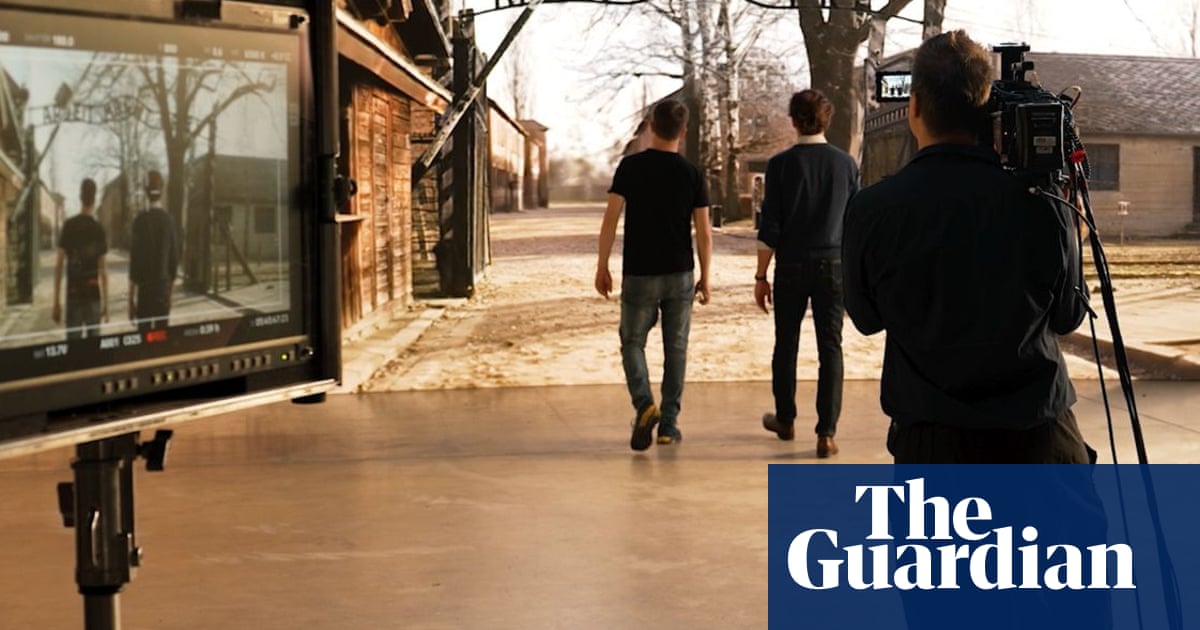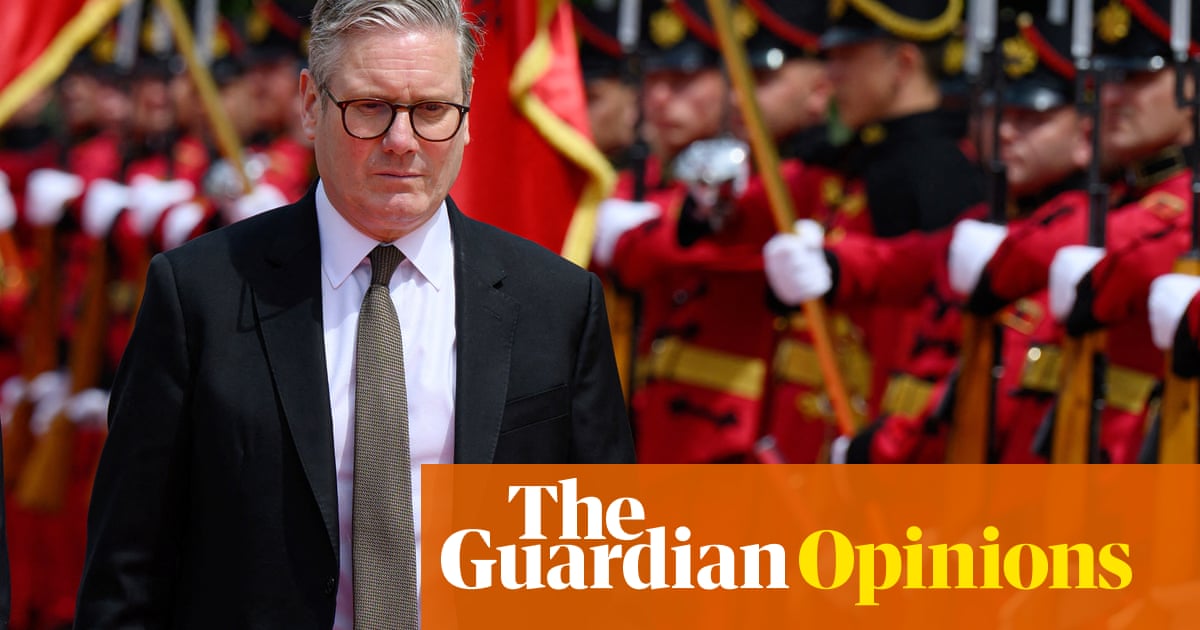The voter is never wrong. In this era of vox pops, phone-ins, focus groups and constant polls, this view of democracy is more prevalent than ever. Labour strategists reverently refer to switchers from the Tories as “hero voters”, while Keir Starmer often says his government is “in the service of” the electorate. With British politics fragmenting, voters are now being wooed by five national parties – an unprecedented situation, made even more unpredictable by an electoral system designed for serious competition between just two. It would be only a slight exaggeration to say that we are all swing voters now.
In some ways, this is a welcome and potentially exciting change. Since the late 1980s Westminster has mostly offered voters a limited menu – usually bland Labour centrism or ever staler Tory variations of Thatcherism – accompanied by patronising messages that no other recipes are practical. Yet now ministers, shadow ministers and MPs of all parties are hurriedly trying to come up with fresh or fresh-seeming dishes: rightwing populism, radical environmentalism, mild anti-capitalism mixed with social conservatism, and remedies of all sorts for the political and social indigestion caused by globalisation.
The increased pace of British politics over the past decade, with extra general elections, parties frequently changing leaders and ideological directions, and sudden electoral surges and collapses, suggests that politicians have become more scared of voters – and that voters have become less deferential towards them. The long, sometimes too-forgiving relationships between voters and parties that existed for most of the 20th century, and the patience shown by many voters towards their Westminster tribe when it was in power, seem to be disappearing for good.
But is this voter-dominated politics an entirely welcome development? Recent history suggests not. In terms of total votes, 21st-century Britain’s two biggest political mandates have been for leaving the European Union in 2016 and for keeping Boris Johnson as prime minister in 2019. Before then, in 2010 and more decisively in 2015, the Conservatives won successive general elections on a pro-austerity platform. Yet nowadays Brexit, the Johnson government and those Tory cuts to public services are widely considered disastrous, including by many who voted for them. In other words, millions of voters made poor choices, and we are all living with the consequences.
It’s true that these voters were often misled – by David Cameron’s promise of “strong and stable government”, for instance, and the Leave campaign’s pledge of extra NHS spending. But to place all the blame for the rundown and acrimonious state of the country on politicians, as much of the public and the media habitually do, is a convenient way for many voters to avoid thinking about their own complicity in what’s gone wrong.
One way to picture a healthier democracy is as a place where voters and politicians have frequent clashes but also a degree of mutual respect – and an awareness that they are co-creators of a political culture. It may be optimistic to expect grumpy old Britain to become such a country, not least because so much of our media has a vested interest in voters angrily believing that they are badly governed. For rightwing, anti-state editors in particular, a sour public mood produces better stories.
While our political life is no longer boring and predictable – the next general election result feels harder to forecast than any since the febrile mid-1970s – it also seems increasingly dysfunctional. Voters constantly demand, and politicians constantly promise, different versions of “change”, from Johnson’s cartoonish British boosterism to Starmer’s earnest pledges of “national renewal”. These plans for reform tend to be flawed, partly because their production has been so rushed, and public support for them rapidly wanes.
By quickly rejecting each plan, voters avoid having to commit to any particular form of change. Instead, they can express a general discontent, which may feel cathartic and produce great media content but leaves Britain’s deep problems, which would take any government years to solve, essentially unaddressed.
Beneath the nonstop call for political change, moreover, is often a demand that change be minimised for voters themselves. Drastically reducing immigration, dropping diversity targets and other socially conservative policies especially popular with supporters or potential supporters of Reform UK – the minority group around which our politics currently revolves – are essentially intended to slow down, halt or even reverse social trends that some Britons believe are too disruptive. Thus much of the feverish quality of British politics these days paradoxically comes from a desire for the country to stay the same. With his pints of bitter and old-fashioned country clothes, Nigel Farage always seeks to present his hard-right revolt as reassuringly retro.
Populism, with all its talk of the people rising up against political elites, is well suited to periods when voters seem to have the upper hand over politicians. But that advantage over more top-down forms of politics can diminish once populists join the ruling classes. The 10 councils and two mayoralties that Reform UK took control of at this month’s elections may prove very hard for an inexperienced party to run, amid hugely overstretched local government finances. Maintaining Reform’s role as a vehicle for some voters’ almost limitless hopes and desires may be even harder, once the party is bogged down in municipal cuts and compromises.
The “Our contract with you” manifesto on Reform UK’s website could become just the latest plan for change from a political party to be watered down, frustrated and ultimately rejected by an impatient electorate. These days, Farage has a particularly self-satisfied and expectant air, as if he’s found a political magic formula; but plenty of other British party leaders over the past 15 years have believed that too.
If and when the current era of voter dominance ends, perhaps with a government that combines great confidence with a big majority, we may look back on it nostalgically. Politicians easily become too sure of themselves and too distant from reality, and punishing them for those flaws is one of the main points of democracy. But voters can develop those flaws, too. Until more of us realise that, our fickle and unhappy politics will continue.
-
Andy Beckett is a Guardian columnist

 7 hours ago
7
7 hours ago
7

















































